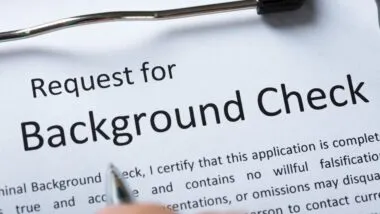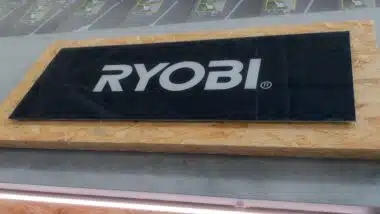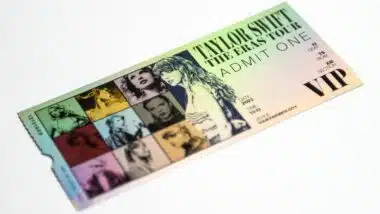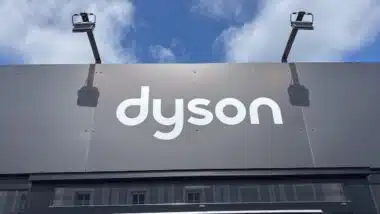 A federal judge has refused to revive certain claims in a proposed class action lawsuit against Wal-Mart over alleged plumbing clogs due to flushable wipes.
A federal judge has refused to revive certain claims in a proposed class action lawsuit against Wal-Mart over alleged plumbing clogs due to flushable wipes.
Saying there was no clear error of law in her prior ruling, U. S. District Judge Elizabeth A. Kovachevich denied most of the consumers’ order for reconsideration of the previous ruling. The part that she did go on to grant, however, was not in favor of the plaintiffs.
“The plaintiffs fail to cite any change in controlling law, availability of new evidence, or clear error of law warranting reconsideration,” Judge Kovachevich stated. “The court did not misunderstand the parties’ arguments, make a decision outside the adversarial issues presented, or commit an error of apprehension.”
Plaintiffs Dennis Sweeney Jr. and Heather Copher-Sweeney filed the lawsuit in 2014 against Wal-Mart and Kimberly-Clark alleging the flushable wipes were not flushable and caused plumbing problems.
Just a couple of weeks ago, Judge Kovachevich tossed several of the claims against the manufacturers but kept those related to negligence and negligent misrepresentation. The judge ruled that the Sweeneys were not damaged by paying a premium price for the products since they continued to purchase them for aesthetic reasons (but no longer flush them and toss them in the garbage instead).
In response to the judge’s dismissal of claims, the plaintiffs asked for clarification and reconsideration and questioned if her dismissal was aimed not just at their chance at recovering damages but also at their chance at equitable relief. They argued, “If the court did intend to dismiss the entirety of plaintiffs’ count … such dismissal was made in clear error and has imposed a manifest injustice on them.”
Judge Kovachevich responded promptly to the couple, rejected the notion that a clear error was made and clarified that she intended to also dismiss the plaintiffs’ equitable relief.
Flushable wipes have been gaining increased attention over the last few years as more reports of plumbing issues caused by the flushable wipes have surfaced. The problems have reached as far as the public utility systems with the wipes damaging water and sewer operations. Water agencies have allegedly reported that the flushable wipes fail to disintegrate at all once they are flushed, while toilet paper disintegrates in 10 seconds.
In May 2015, the Federal Trade Commission became involved when the agency entered a consent order against wipes manufacturer Nice-Pak Products Inc., a company that makes private-label wipes for other brands such as Kirkland. The order prohibits Nice-Pak from suggesting or claiming that its flushable wipe product “is safe for sewer systems; is safe for septic systems; breaks apart shortly after flushing; will not clog household plumbing systems; … is safe to flush; [or] dissolves or disperses when interacting with water,” among other claims.
In March 2015, the New York Times reported that the city of New York alone has spent $18 million over the last few years dealing with clogs caused by flushable wipes.
The Sweeneys are represented by Christopher D. Boutwell and Rhon E. Jones of Beasley Allen Crow Methvin Portis & Miles PC and Anthony Garcia of AG Law Inc.
The Flushable Wipes Class Action Lawsuit is Sweeney, et al. v. Kimberly-Clark Corporation, et al., Case No. 8:14-cv-03201, in the U.S. District Court for the Middle District of Florida.
ATTORNEY ADVERTISING
Top Class Actions is a Proud Member of the American Bar Association
LEGAL INFORMATION IS NOT LEGAL ADVICE
Top Class Actions Legal Statement
©2008 – 2025 Top Class Actions® LLC
Various Trademarks held by their respective owners
This website is not intended for viewing or usage by European Union citizens.














